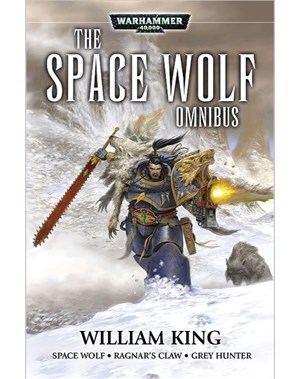Those of you who knew my dad probably knew him either as a police officer or a retiree who proudly managed through a nearly decade long batter with cancer before passing away, last year. Prior to becoming a police officer, though, my father had two other briefly lived careers, one as a cabinetmaker (which helped contribute to a life long enjoyment of carpentry and even competitive woodcarving), and another as a lineman for the Long Island Lighting Company (LILCO). The lineman career is one that I was always aware of - one of our neighbors growing up had worked with my dad during that phase of his life - but the image of him as a tough but compassionate insurer of law and order was more omnipresent in my childhood and adult understanding of him.
Well, while driving back from Virginia through the Appalachia of West Virginia and Pennsylvania, this week, I saw plenty of linemen trimming and removing trees that had been damaged or destroyed during the snow, rain and windstorms that laced the northeast and mid-Atlantic over the past weeks. I also had the privilege of driving along stretches of highway in Pennsylvania that were apparently designed for Amish horse and buggy, not cars and trucks zooming along at 80 mph, clutching the edge of a cliff. Both of these experiences brought to mind dear old dad, who had a terrible fear of heights, but incongruously held a job as a lineman for an electric company. It hadn't occurred to me before - and perhaps this was selfish on my part to not consider it - that he had chosen a job, to provide for his family, that directly provoked one of his deepest fears. Despite that, hardhat in hand, he headed out to work each morning or evening to work on telephone poles repairing lines and transformers. To close out the trifecta, the song "Wichita Lineman" came on the radio while I was rambling back. It's not a tune you hear too often, but it's a classic Jimmy "MacArthur Park" Webb tune that was once described as the first "existential country song." The tale of a lineman who misses his lover may be corny to today's audiences, and indicative of that late 60s/early 70s blue collar country music popularized by Glenn Campbell, Conway Twitty and others, but to me that's representative of the period when my dad worked in that particular discipline, and when not working played country on the radio while woodworking in the yard.
Enjoy the below clip.





